Sustainable Development Goals
The United Nations Sustainable Development Goals (SDGs) represent a global agenda designed to confront humanity's most pressing challenges.
Initiated in September 2015, the SDGs present an ambitious and transformative vision to tackle urgent economic, social, and environmental issues by 2030. The 17 goals serve as a blueprint for nations, organisations, and individuals to collaborate and work together to create a more equitable, prosperous, and environmentally sustainable future for all.
Learn more about the origins of these goals and the 2030 agenda here.
Benefits of aligning your research to the SDGs:
Showcase how your research is making real-world impact by:
- Contributing directly towards addressing critical issues facing humanity.
- Supporting policymakers, governments, and organisations with decision-making, policy formulation, and practical solutions to global challenges.
Foster greater collaboration opportunities:
- SDGs are inherently interdisciplinary (touching on economics, social sciences, environmental studies, health, and more) presenting opportunities to collaborate across disciplines.
- SDGs are a global agenda. Engaging with others supporting this agenda, or aligning your own research to the agenda, may lead to international collaboration opportunities.
Gain access to alternative funding opportunities:
- Some funding agencies and organisations prioritise research projects that align with the SDGs. Aligning your research with these goals can provide alternative sources of funding and resources to support your work.
Enhanced visibility and recognition:
- Research that addresses the SDGs often receives greater attention and recognition from the academic community and the public. It can lead to invitations to speak at conferences, collaborate with experts in the field, and contribute to high-impact journals, increasing your academic and professional visibility.
- The SDGs provide a framework for measuring and tracking progress toward sustainable development. When your research aligns with these goals, you have a clear framework for assessing the impact of your work and demonstrating its contribution to global sustainability efforts.
What are the 17 SDGs?
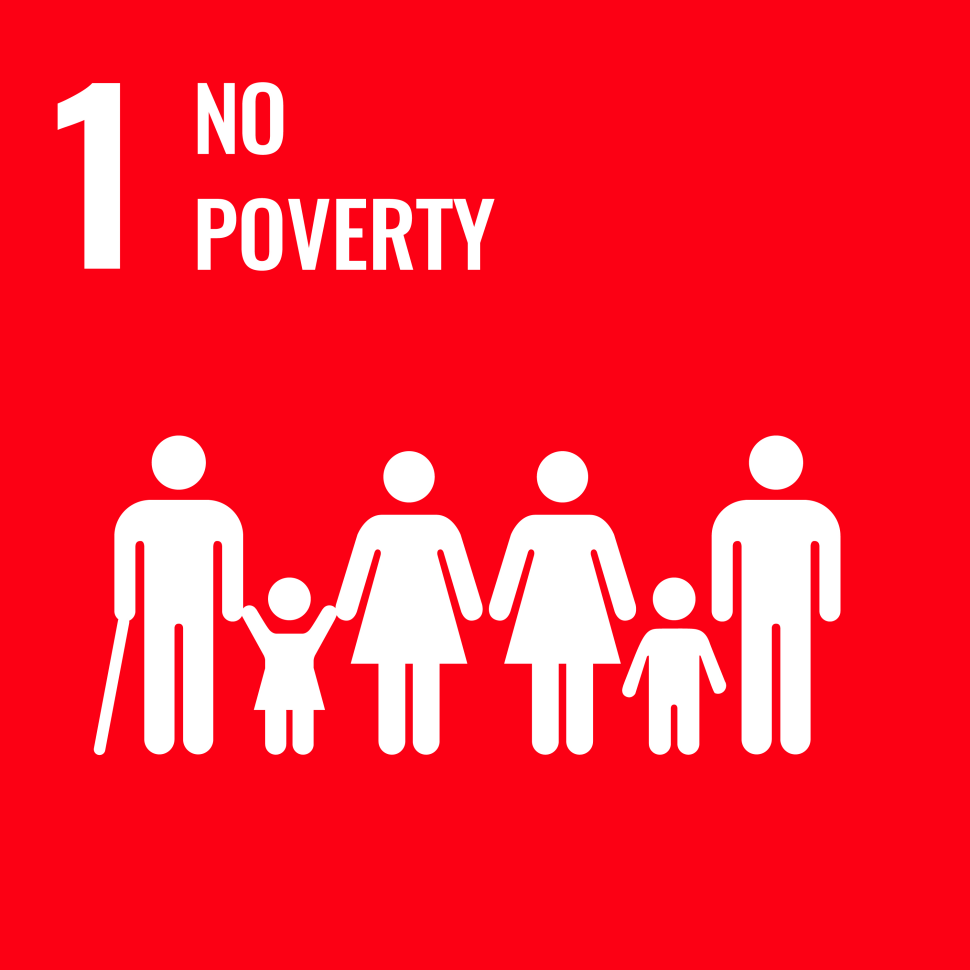
To end poverty in all its forms everywhere by 2030
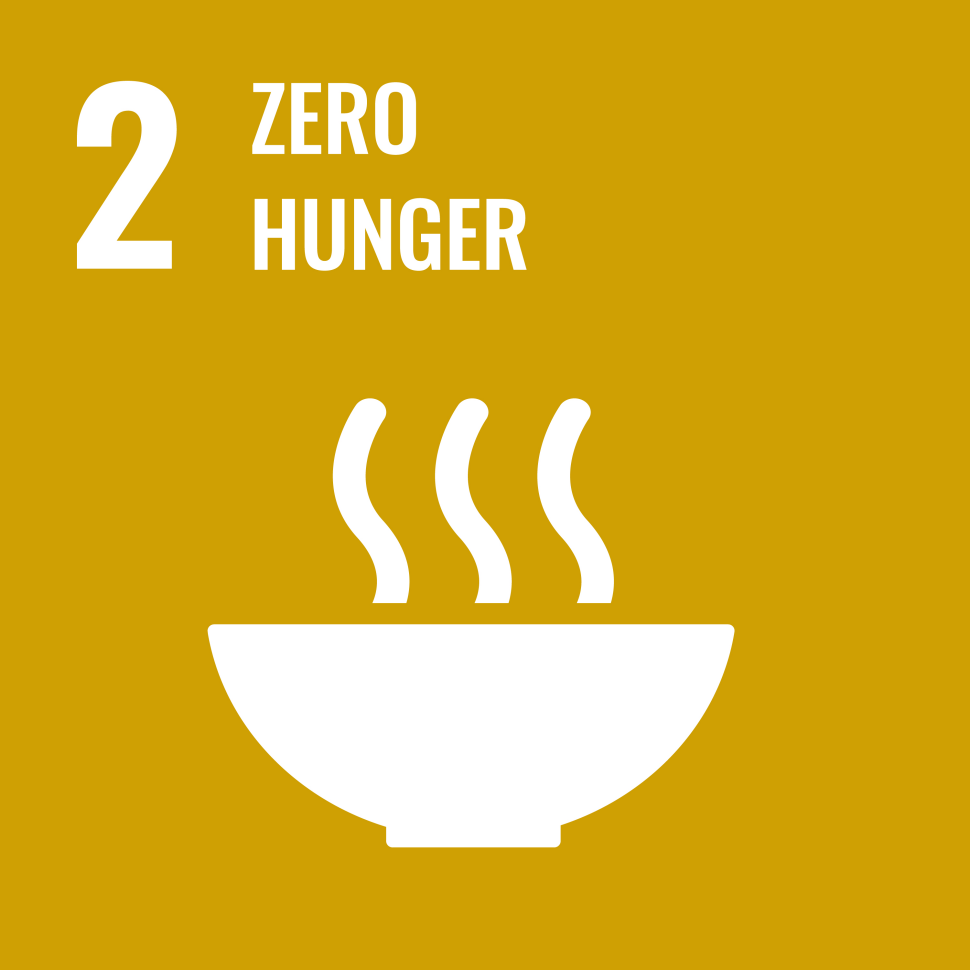
To end hunger, achieve food security and improved nutrition, and promote sustainable agriculture
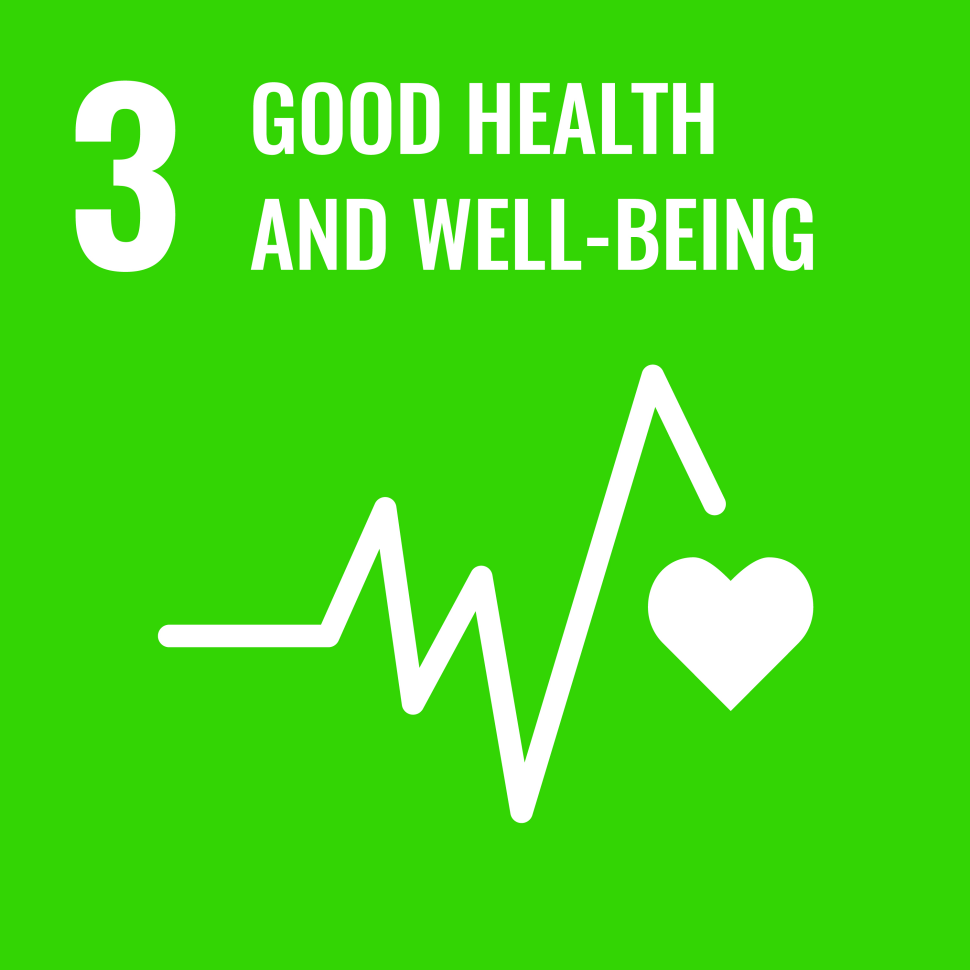
To ensure healthy lives and promote well-being for all at all ages
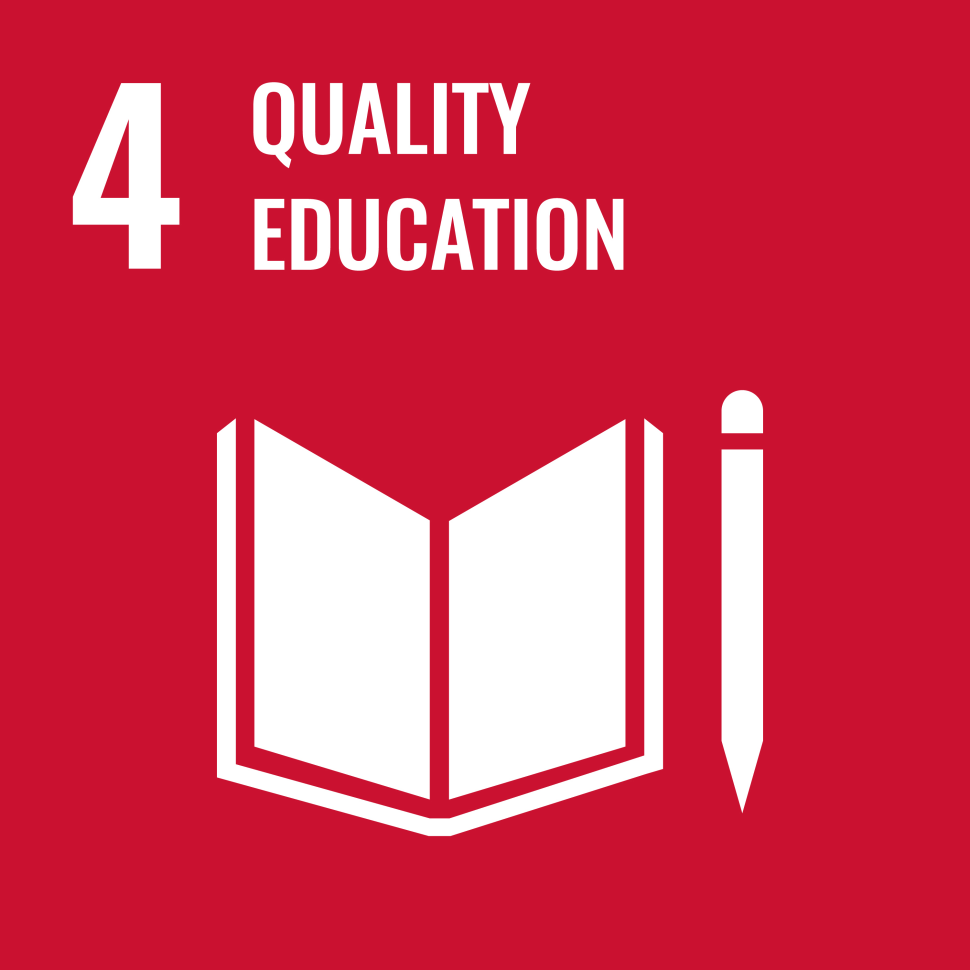
To ensure inclusive and quality education for all and promote lifelong learning
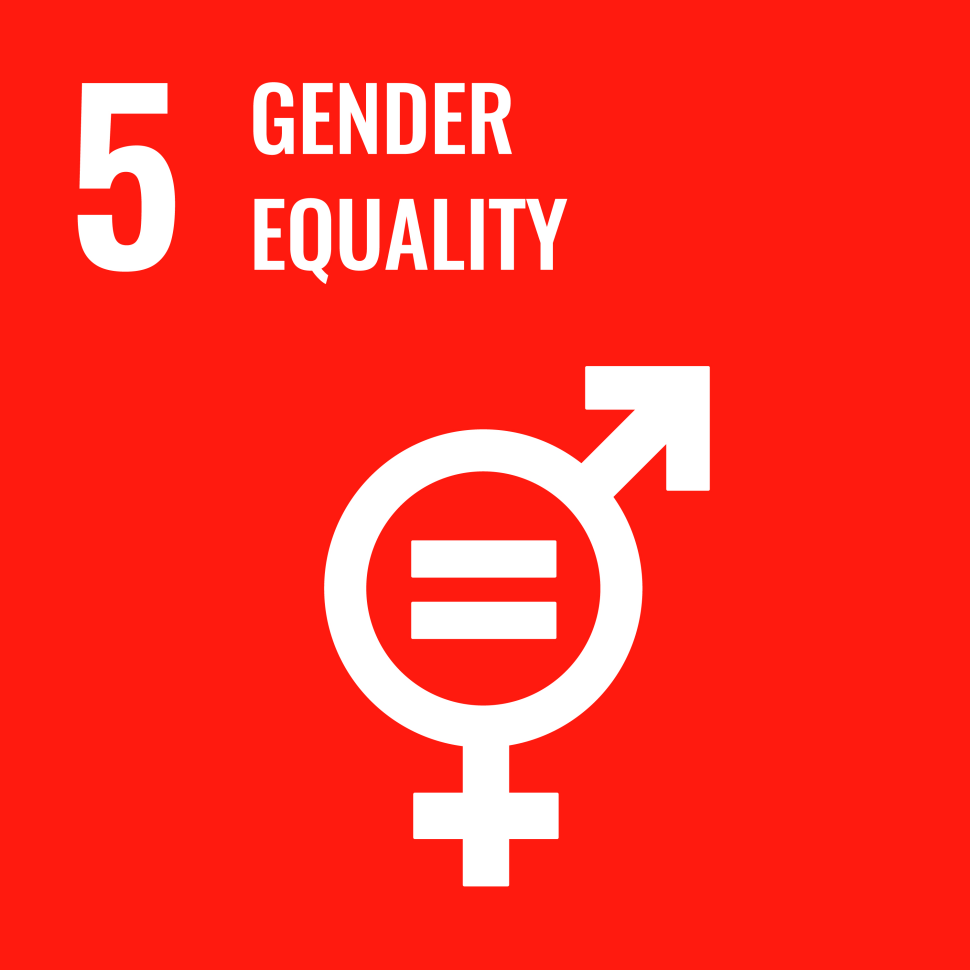
To achieve gender equality and empower all women and girls
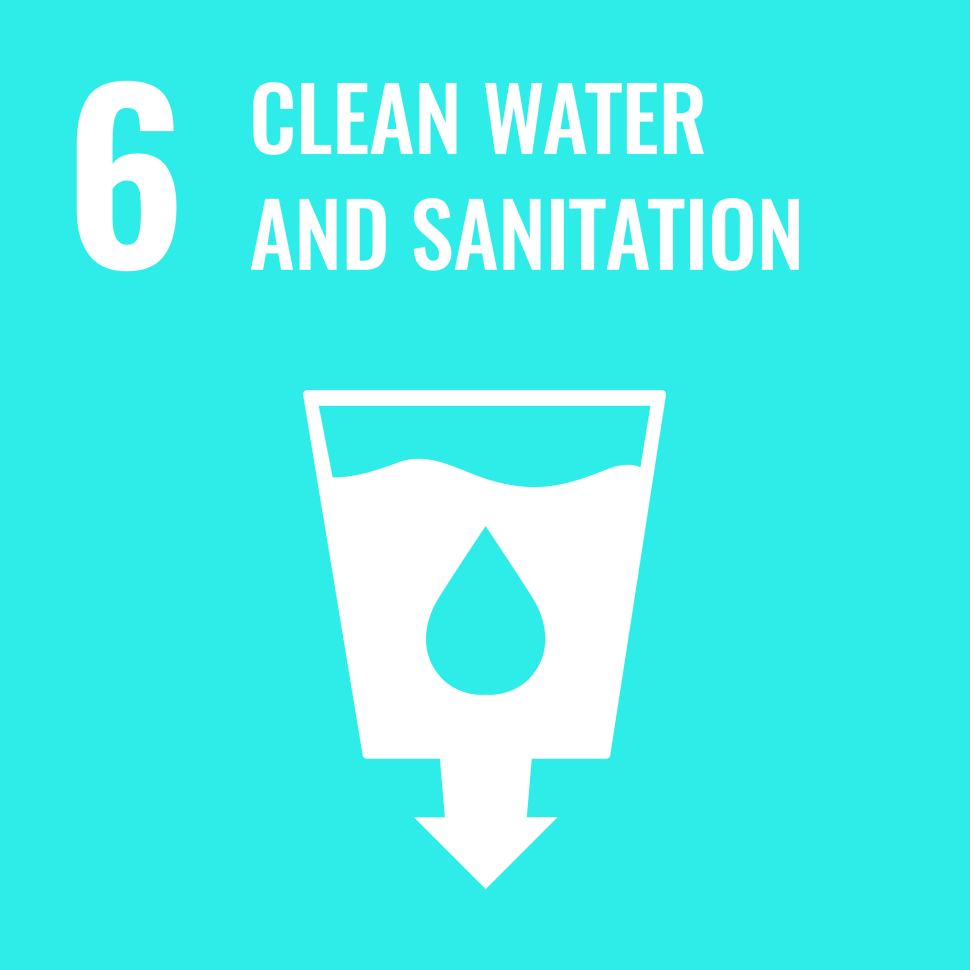
To ensure access to safe water sources and sanitation for all
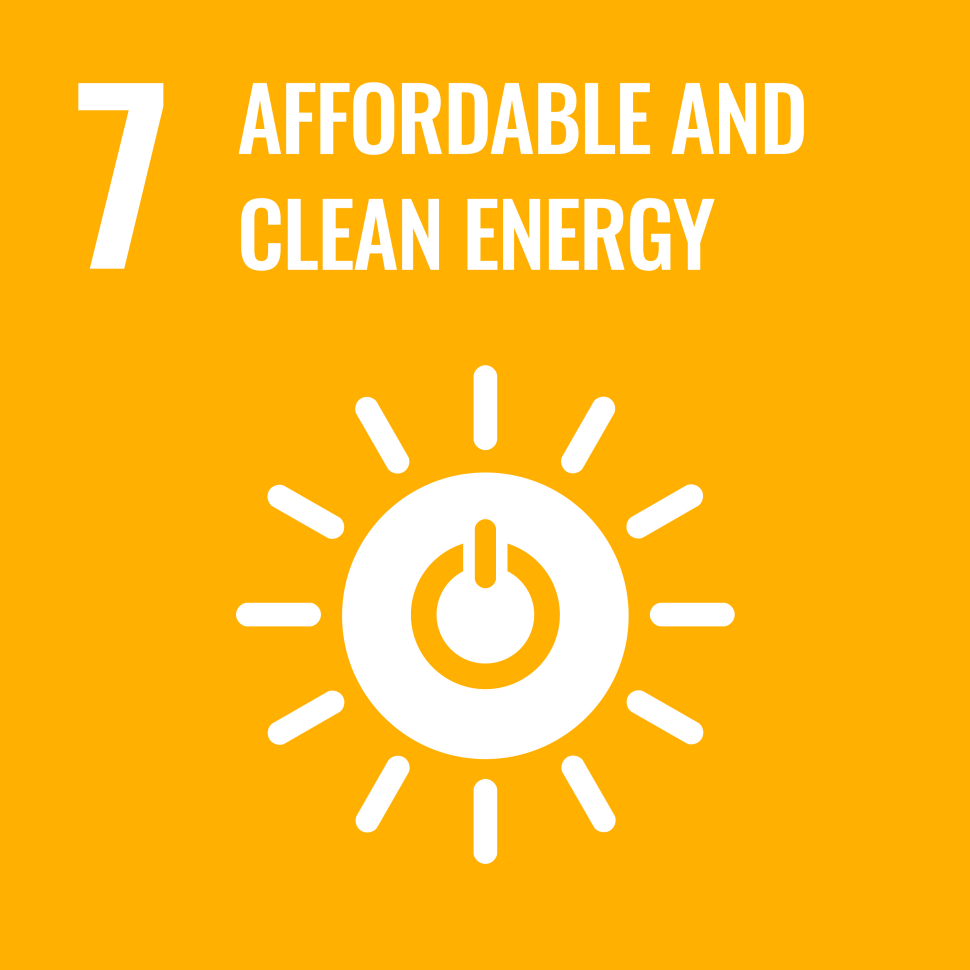
To ensure access to affordable and sustainable energy for all
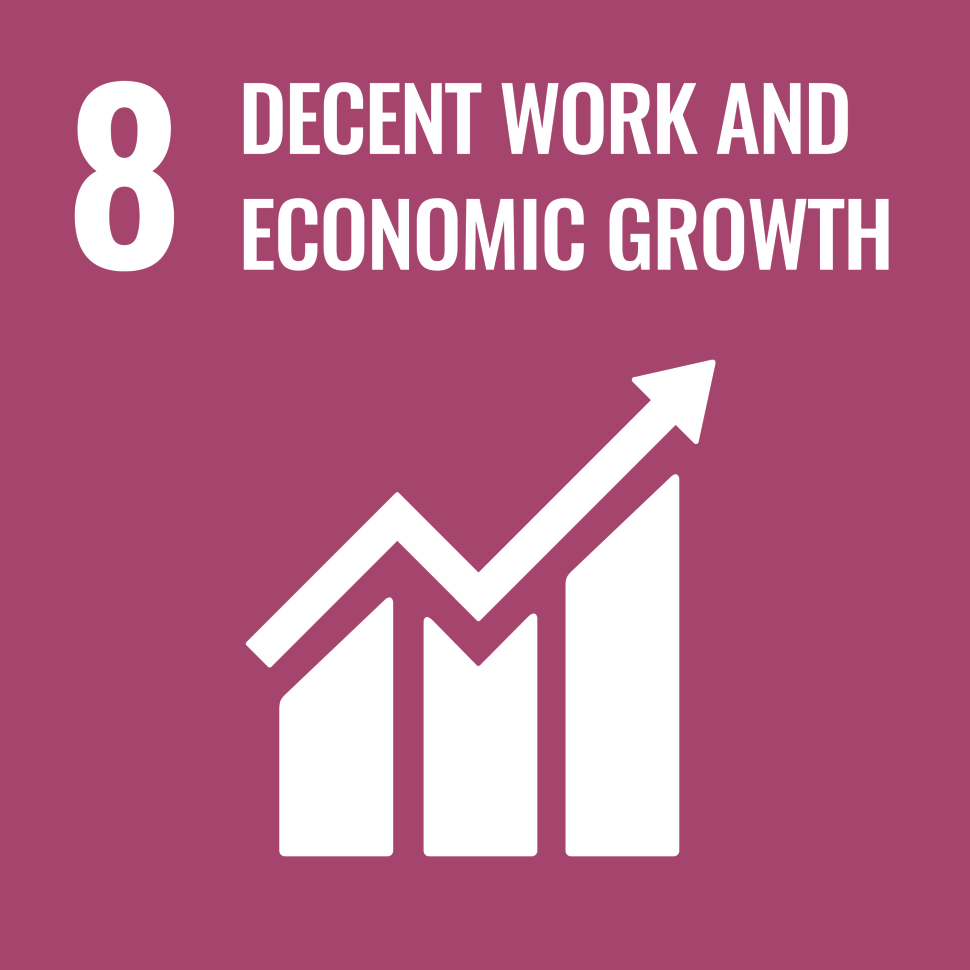
To promote inclusive and sustainable economic growth, employment and decent work for all
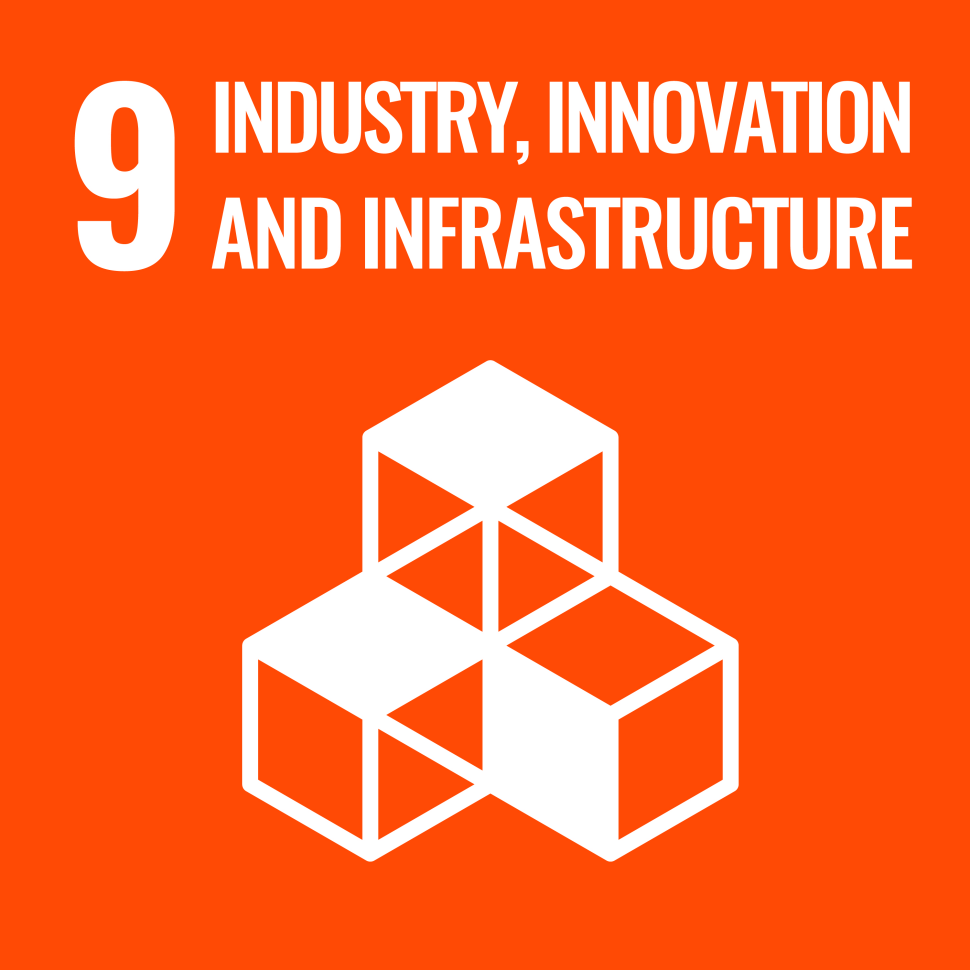
To build resilient infrastructure, promote inclusive and sustainable industrialization, and foster innovation
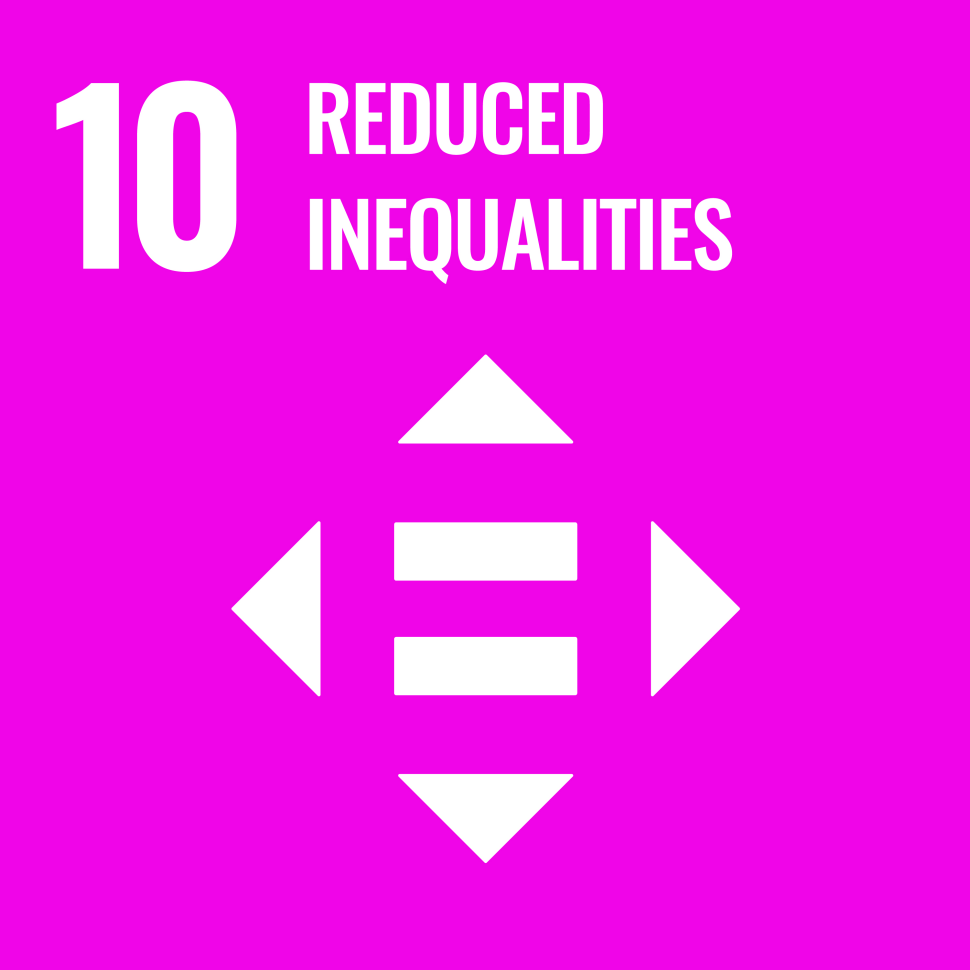
To reduce inequalities within and among countries
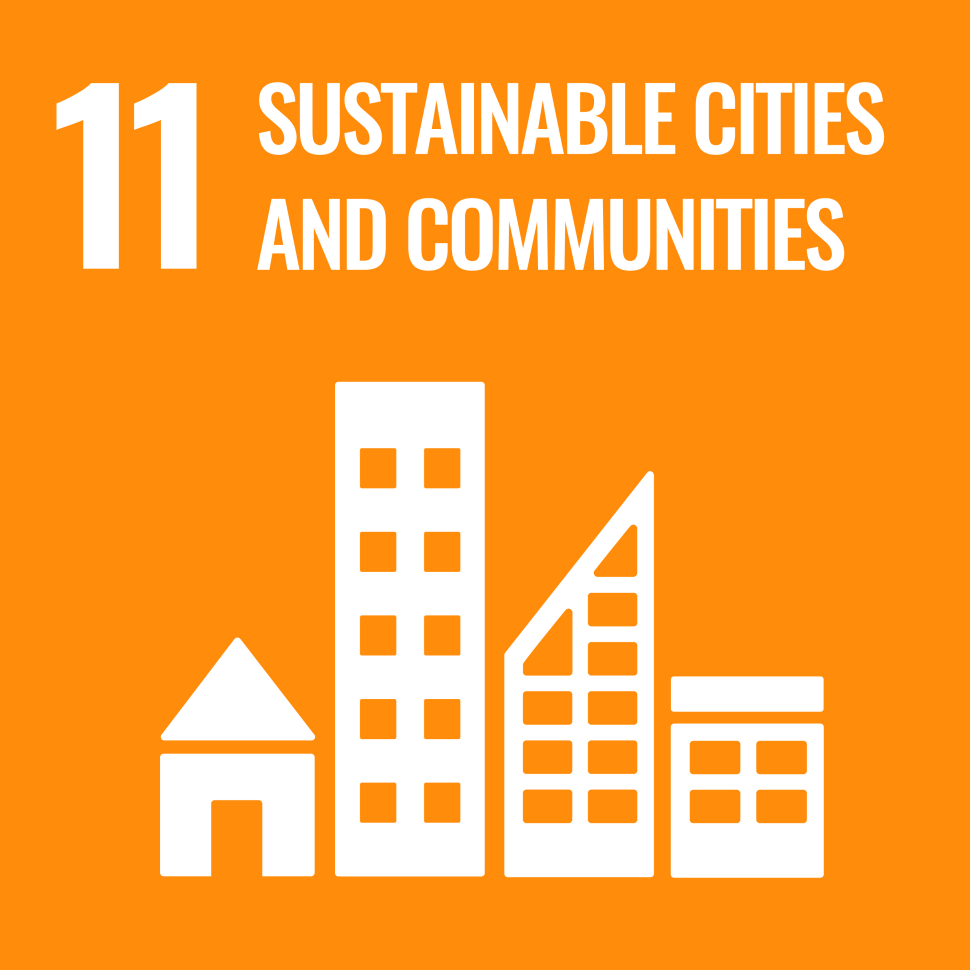
To make cities inclusive, safe, resilient and sustainable
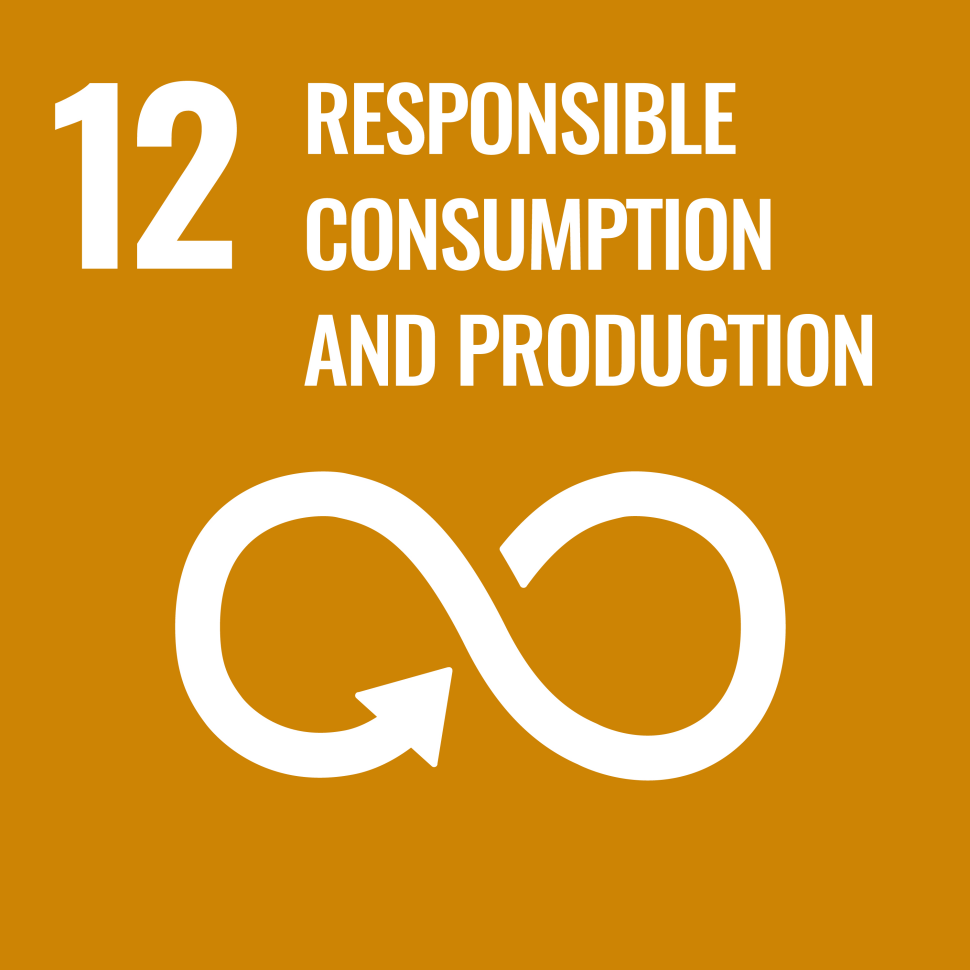
To ensure sustainable consumption and production patterns
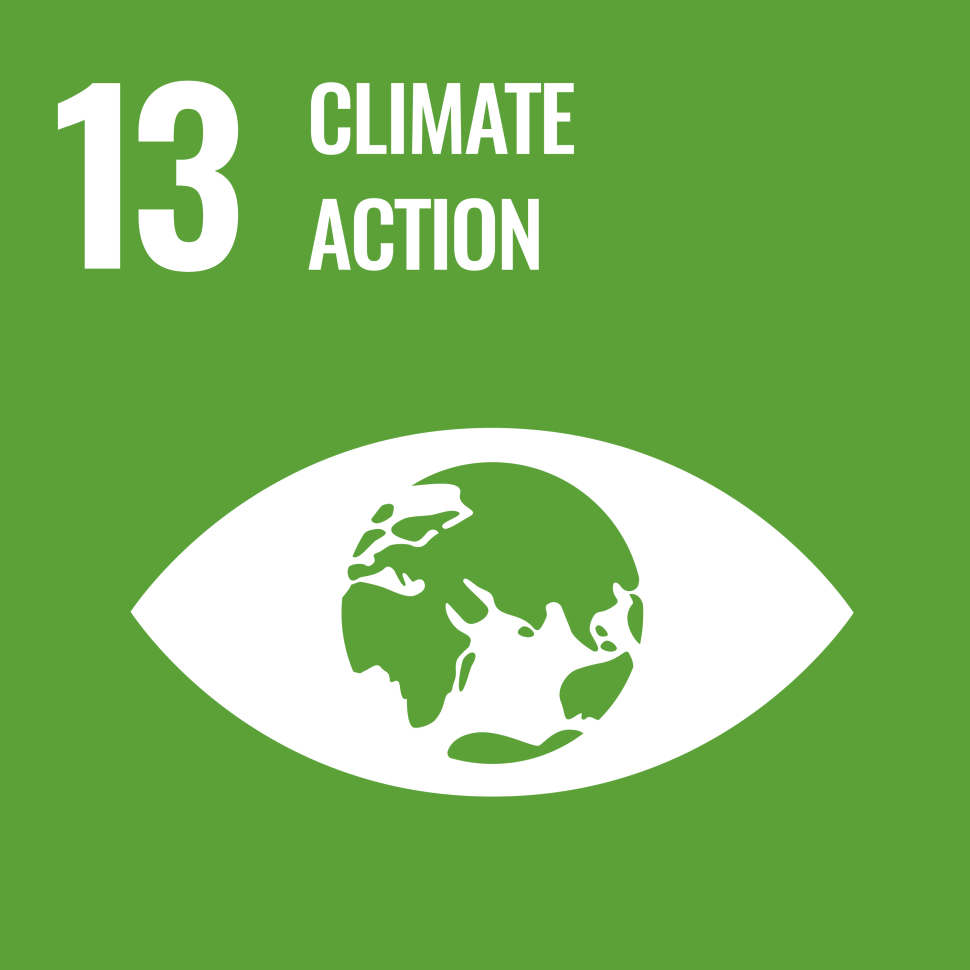
To take urgent action to tackle climate change and its impact
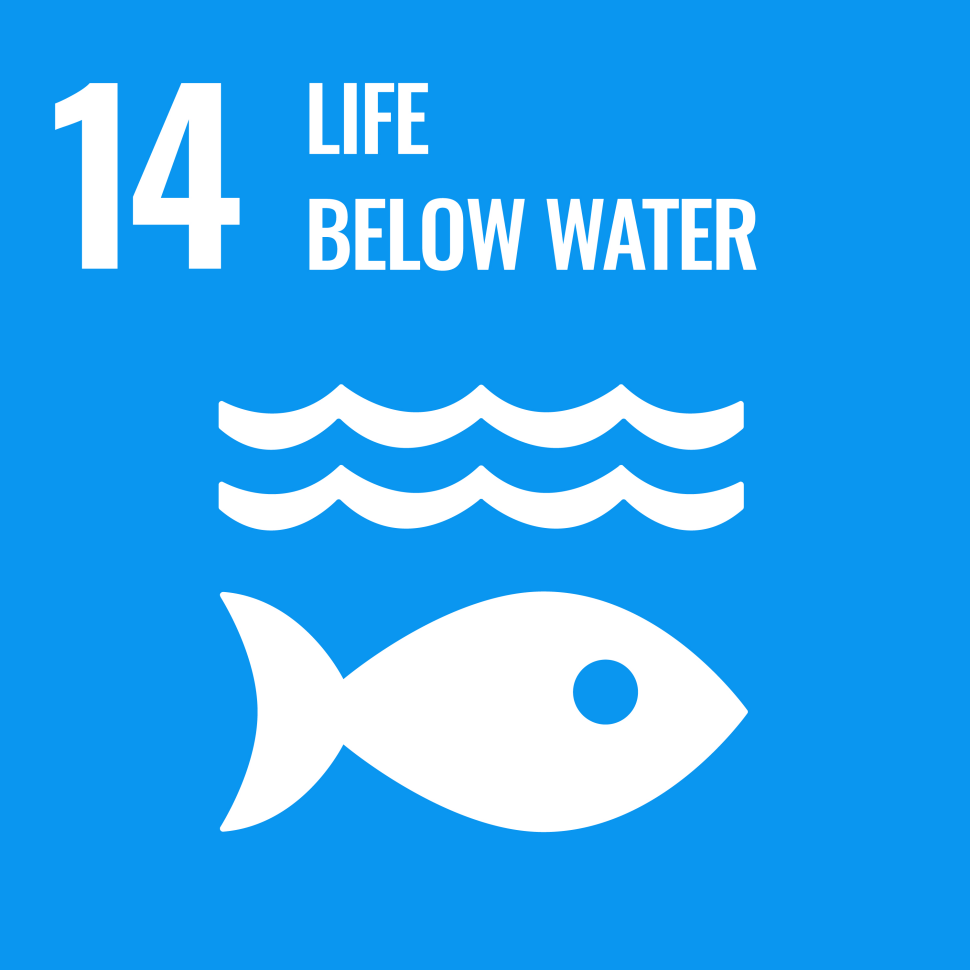
To conserve and sustainably use the world's oceans, seas and marine resources
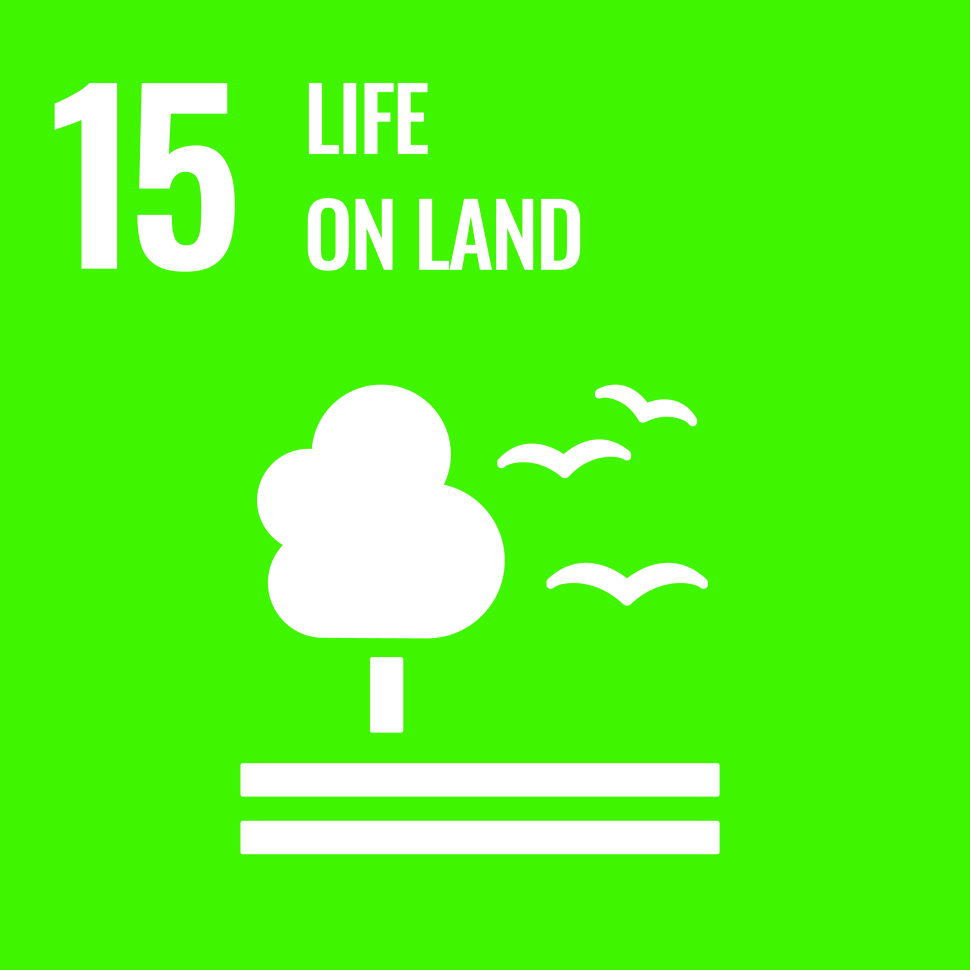
To sustainably manage forests, combat desertification, halt and reverse land degradation, and halt biodiversity loss
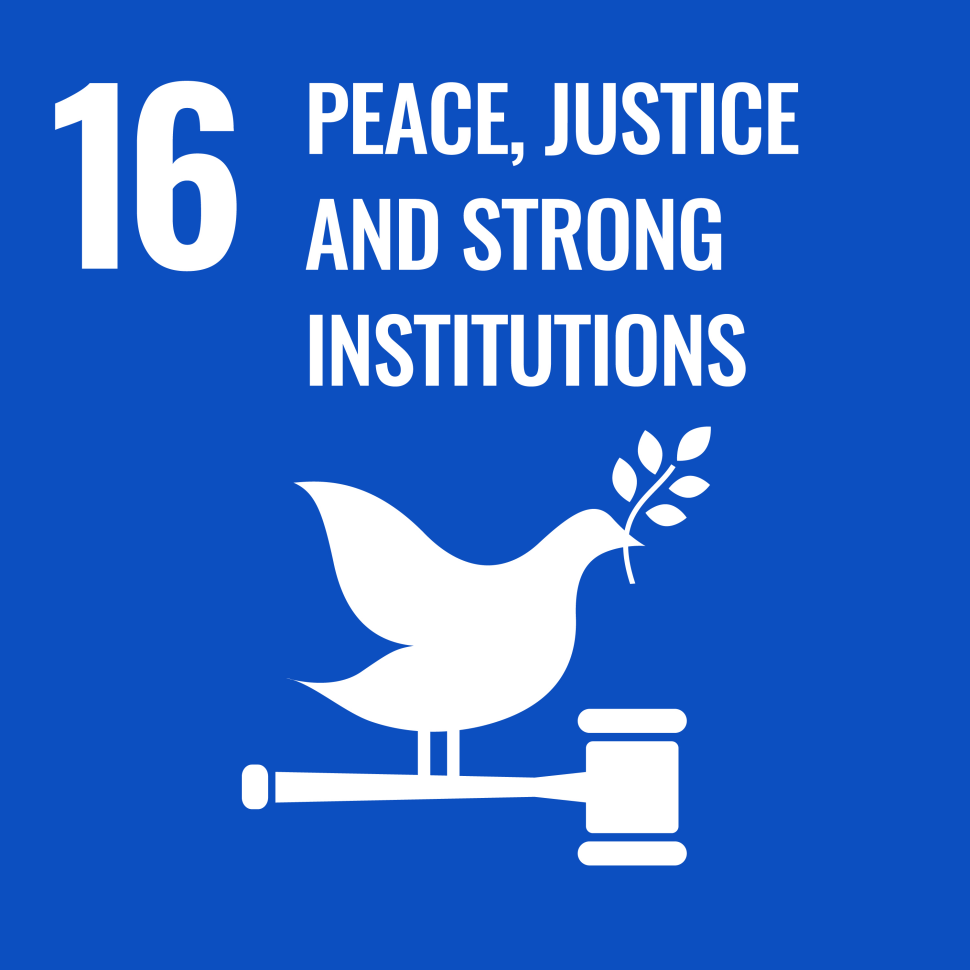
To promote peaceful and inclusive societies, provide access to justice for all, and build effective, accountable and inclusive institutions at all levels
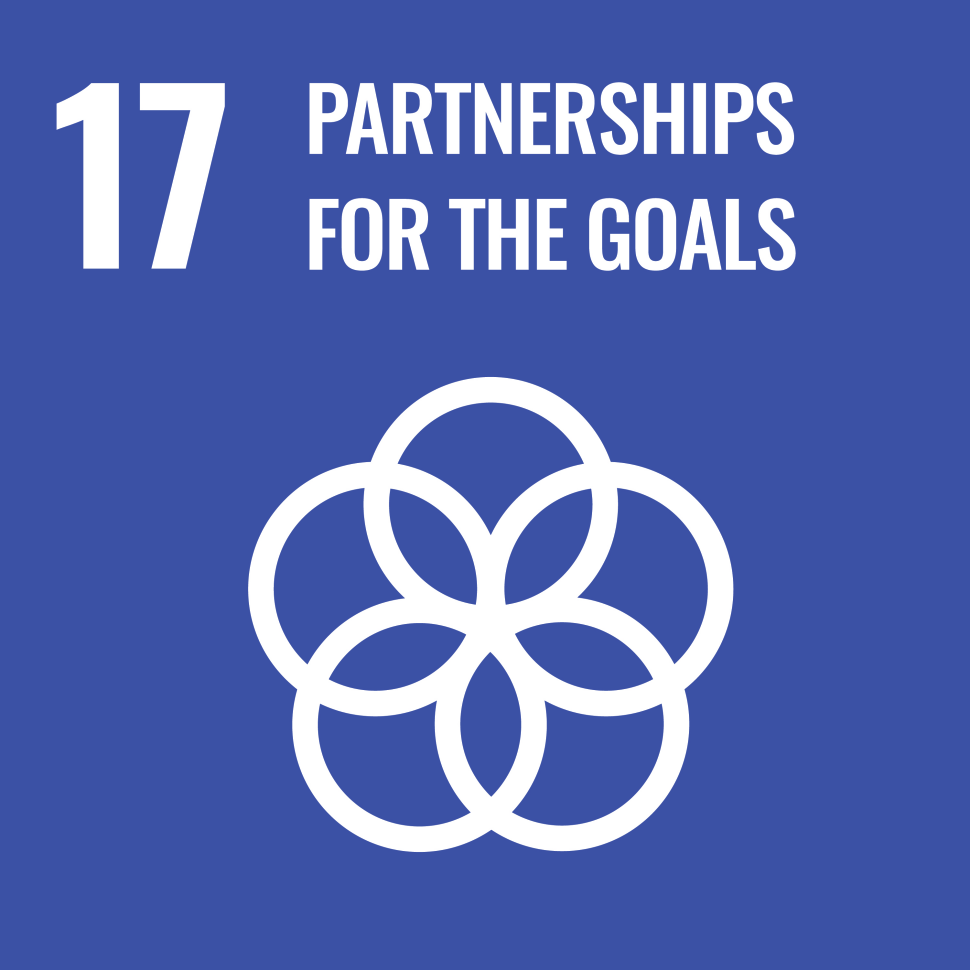
To revitalize the global partnership for sustainable development
Frequently asked questions
The United Nations Sustainable Development Goals (SDGs) represent a global agenda designed to confront humanity's most pressing challenges. Initiated in September 2015, the SDGs present an ambitious and transformative vision to tackle urgent economic, social, and environmental issues by 2030. The 17 goals serve as a blueprint for nations, organisations, and individuals to collaborate and work together to create a more equitable, prosperous, and environmentally sustainable future for all.
Learn more about the origins of these goals and the 2030 agenda here.
ResearchNow will automatically attribute SDGs to publications retrieved from Scopus, by analysing key words within the title, abstract, and other key bibliographic data. These assignments will align to classifications found in external academic databases, and mirror how your research is being categorised within the broader academic community. Research outputs can have no SDGs, one SDG or a number of SDGs as applicable.
After you've successfully claimed your output, and it's published on the public portal, the associated SDGs will be displayed alongside your publication.
SDGs allocated to research outputs will flow through to a researcher’s profile and College or Research Centre or institute from November 2023. These can be curated on researcher profiles as appropriate.
SciVal is a an analytic benchmarking tool that represents the external Scopus data source. This data is used in the Times Higher Education (THE) rankings. In SciVal there are 3 sets of SDGs:
- one set created using the search queries for the 2020 Times Higher Education (THE) Impact Rankings - these are static and no longer receiving new publications
- one set using the queries and machine learning component used in the 2022 THE Impact Rankings
- one set using the queries and machine learning component used in the 2023 THE Impact Rankings
SciVal have worked with a set of university partners to improve the mappings, with their input used to create and improve the 2022 and 2023 search queries. See detailed FAQs here.
Once an output has been validated, changes cannot be made to any assigned SDGs via the ResearchNow editor. If you have any concerns with the SDGs associated with validated publications, please submit a ServiceOne request to the library, see below, for assistance in making the necessary amendments.
During the claiming outputs process, you have the option to manually add your preferred SDGs before any automatic assignments take place. Instructions on how to do this can be found here.
While it is possible to manually assign your preferred SDGs to your outputs, we strongly discourage this practice, as we aim to maintain consistency with industry-wide classifications for all outputs.
Curation of SDGs is best done within your own personal profile (functionality coming soon!).
![]()
Sturt Rd, Bedford Park
South Australia 5042
CRICOS Provider: 00114A TEQSA Provider ID: PRV12097 TEQSA category: Australian University





